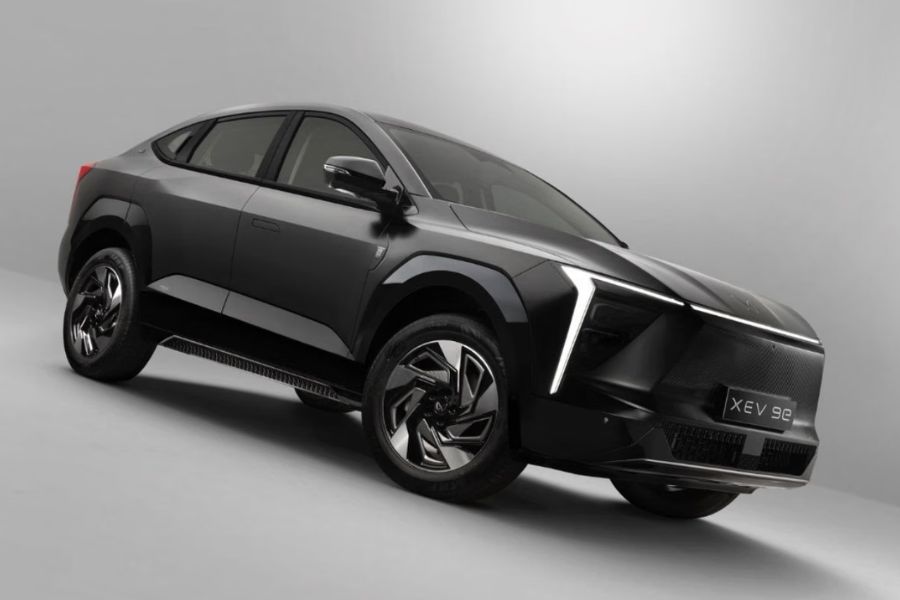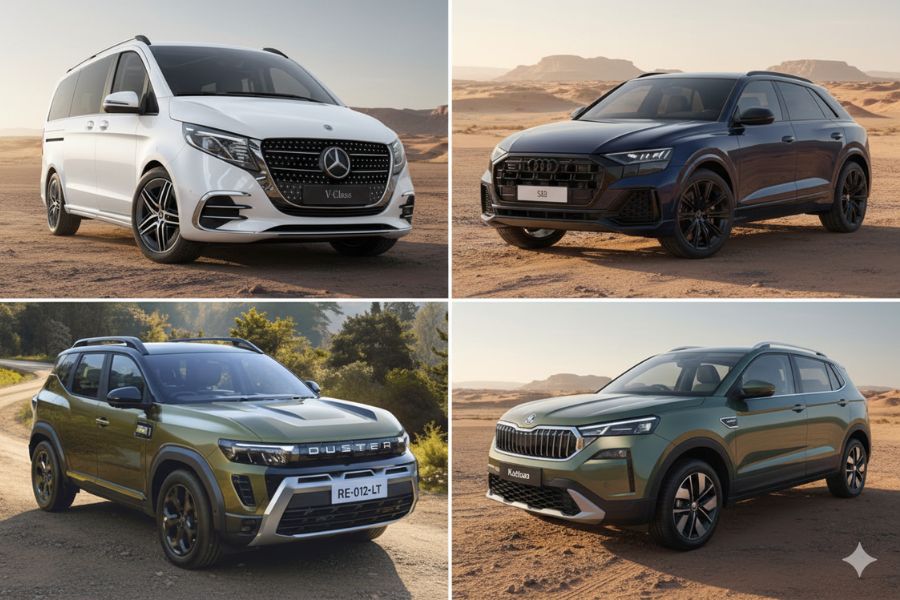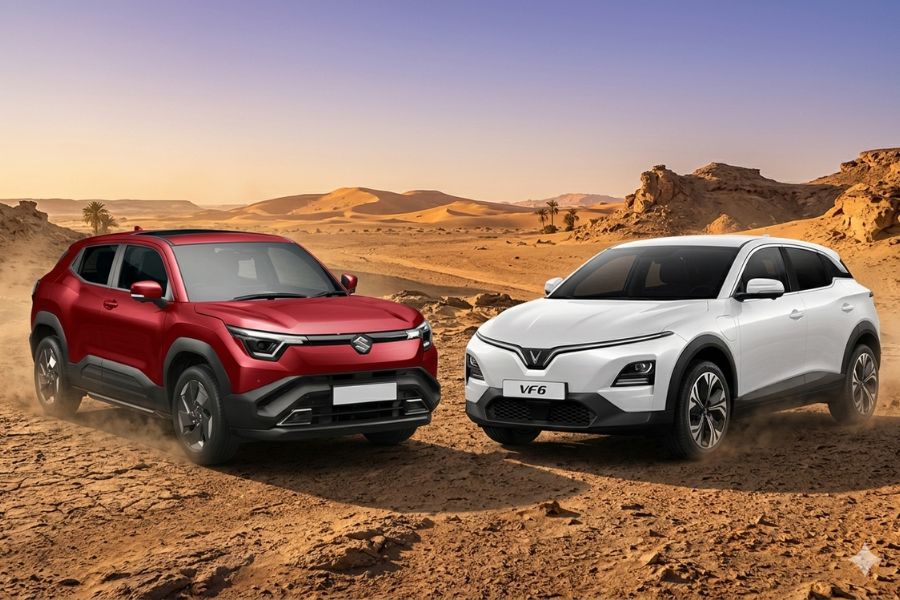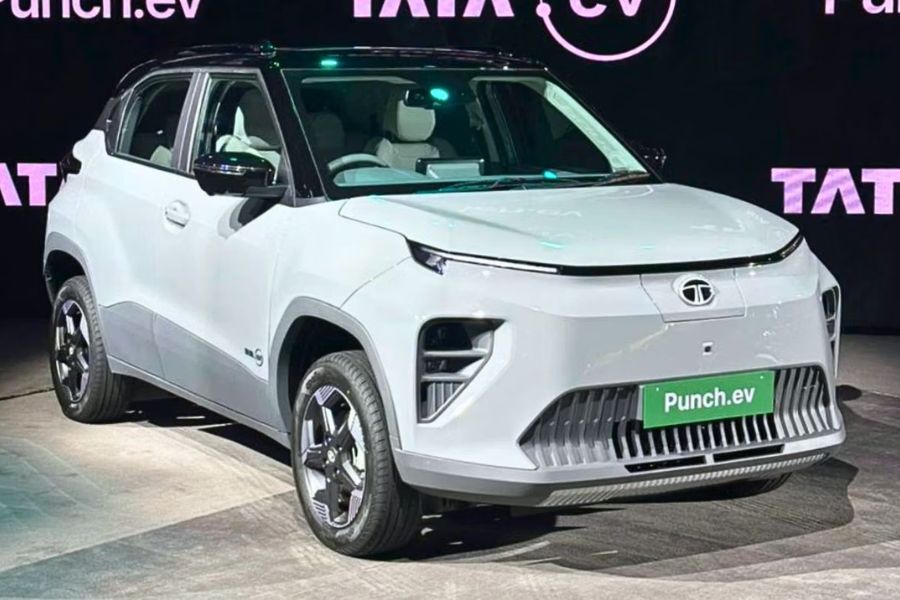With E20 fuel now entering the market, many two-wheeler owners are asking the same questions — Will it affect my bike or scooter’s performance? Will it damage the engine in the long run? What happens if I have an older vehicle? While some uncertainties remain, we’ve gathered inputs from leading manufacturers and industry experts to help clear the confusion.
What Do Manufacturers Say?
Honda has confirmed that from April 2025, all its two-wheelers produced in India will meet OBD2B norms and be E20-ready. The company adds that older models are already material-compatible with E20, meaning engine parts won’t wear faster, though performance may dip slightly in non-compliant bikes.
Bajaj says most of its products dating back to the BS4 era (2017 onwards) are already material-compatible with E20 fuel.
TVS claims that all of its two-wheelers have been built with E20 compatibility since 2023.
Hero MotoCorp began producing E20-compliant vehicles in April 2023. For bikes made before that, Hero suggests there could be a slight drop in fuel efficiency but reassures that no major problems should arise. Customers experiencing issues can visit authorized Hero workshops for support.
Royal Enfield has perhaps gone the furthest, stating its entire lineup has been E20 compliant since 2020 (BS6 era). The brand is also exploring upgrade kits for older motorcycles that may not be compatible.
Will E20 Affect Warranties?
Owners of newer BS6 bikes don’t need to worry about warranty claims. In fact, SIAM (Society of Indian Automobile Manufacturers) has clarified that manufacturers will honour warranties even if older vehicles are run on E20 fuel, regardless of what’s written in the user manual.
Potential Issues with E20 Fuel
While E20 fuel is safe for most modern two-wheelers, there are a few areas of concern:
-
Fuel Efficiency: Expect a drop of 3–20%, depending on the age of the bike and riding style.
-
Performance: Older vehicles may feel slightly less responsive, and in colder climates, cold starts could be harder.
-
Long-Term Wear: Ethanol can accelerate corrosion in metal tanks and wear out rubber components in older bikes, especially those made before BS4 norms.
What About Superbikes?
Most big bikes sold in recent years can safely run on E20. However, enthusiasts who want extra peace of mind often opt for 100-octane petrol, the only ethanol-free fuel in India. It not only eliminates ethanol-related risks but also enhances performance — a small price to pay for machines that are ridden sparingly each year.
Concerns for Older Bikes
India still has 75–80 million pre-BS4 motorcycles on the road, most of them carburetted. Unlike fuel-injected systems, carburettors can’t automatically adapt to ethanol’s lower energy content. The solution? Rejetting the carburettor to balance the air-fuel ratio. This will reduce efficiency but help the engine run smoother.
The bigger question is durability. Since pre-BS4 bikes weren’t designed for ethanol, fuel system components may face premature corrosion. While problems may not show immediately, the risk grows with age. Given the huge number of such bikes still in use, upgrade kits from manufacturers may emerge if large-scale issues arise.
Tips to Protect Your Two-Wheeler
✅ For BS6 bikes:
-
Little to worry about — they’re fuel-injected and built to adapt.
-
Keep an eye on fuel tank condition during service, as rust can clog injectors.
-
Run the bike regularly to prevent moisture build-up in the fuel.
✅ For older bikes:
-
Consider carburettor rejetting if you face misfiring or rough running.
-
Store with a full tank if the bike won’t be used for a while, to avoid moisture-related fuel separation.
-
Watch for early signs of corrosion in the fuel tank.
⚠️ Fuel additives are being marketed as solutions, but manufacturers don’t currently recommend them due to limited long-term data.
Final Word
If you own a new BS6 two-wheeler, you can ride worry-free on E20 fuel. For older carburetted bikes, extra care and regular checks are advised, though catastrophic failures are unlikely in the short term. The shift to ethanol-blended fuel is a big step for India’s energy security and environment, and with a little awareness, your bike or scooter can adapt to this transition smoothly.
Read More:




